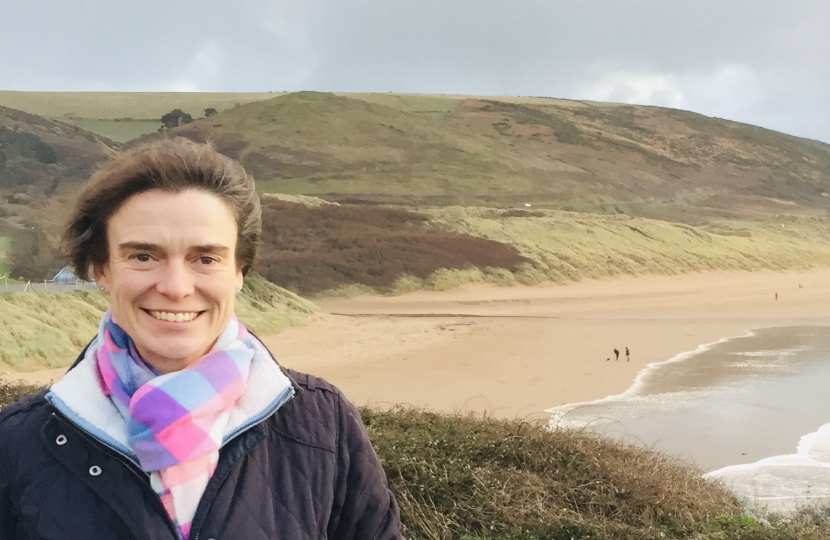
The South West of England has been neglected for too long. Whilst there is no doubt that the new seats we have gained in the North of England need the Government’s attention, so too does the South West.
The devolution of power, which has been particularly successful in the Tees Valley and Manchester, has not materialised in the South West. With a population of over 3 million, similar to that of Wales, and with an economy worth £64 billion, bigger than Greater Manchester, we are a significant region which cannot be forgotten.
Our productivity output, however, is lower than both Wales and Manchester, and over £12,000 per job lower than the UK average. Our region’s social mobility and deprivation are the reality for many communities, belying the thatch and cream teas image.
These are the problems the Great South West group are seeking to address. Through a focus on environmentally sustainable growth, we want the South West to become the UK’s first carbon neutral area, with the ambition to become the first net negative region, which may ultimately enable the whole of the UK to reach net zero by 2050 or before.
The Great South West project is being driven by an alliance of business leaders, LEPs, universities, colleges and local government – but we cannot do this alone. Our project is not ‘oven ready’ in the same way at the Northern Powerhouse, but we have the potential to increase the economy by £45 billion and create 190,000 new jobs, whilst helping the entire country reduce its carbon footprint.
The Great South West’s asks are not big: initially, we are seeking formal recognition of the initiative which links the LEP areas of Cornwall and the Isles of Scilly, Devon, Somerset and Dorset. Our ask to the Chancellor is a mere £2million over three years to enable ‘oven ready’ initiatives to be brought forward, and to begin to drive real and sustainable economic change in the region. I would like to see more ambition, and projects moving at a greater pace, but until we have funds to get started, we are at a standstill.
The South West more broadly will undoubtedly have a greater number of requests to the Chancellor, but the needs of Bristol and Gloucester are very different to those set out in the Great South West’s prospectus. It is sad to see that many major employers have plans for the South West which stop at Bristol. This highlights the issues we face on the peninsula.
Whilst the A303 is long overdue and will play an important role in regional connectivity, we must not be distracted from our goal of reaching net-zero carbon. Given the lack of infrastructure for electric vehicles throughout the region, we need to be careful that infrastructure projects do not conflict with our climate commitments. Moreover, our railways are significantly underinvested in, and prone to the changes in the climate through storm damage. The north of Devon and Cornwall, for example, have lines more akin to tourist attractions than commuter routes.
Investment in our railways is a far more environmentally friendly solution. We need roads across the South West to join up our communities efficiently, but we need to develop them to be net zero at their inception and there are many, many more projects crying out for attention in the Great South West’s document.
I very much hope that we in the South West will not be overlooked. When we talk of levelling up, we need to be included in the conversation and we are here now, and offering to play an enormous part in getting this great nation to net zero by 2050.
It is time to back the #GreatSouthWest, and I hope this Budget will see a recognition that we too, on occasion, have been left behind, but can now be at the forefront of sustainable growth. We are the region which can offer clean energy solutions and become a carbon sink for the rest of the UK.

